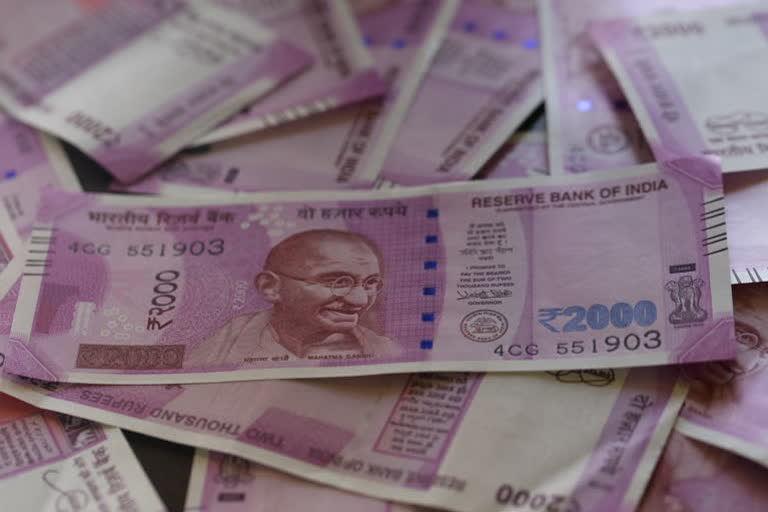New Delhi: Moody's Investors Service on Thursday said loans to retail customers, especially those to low-income borrowers, will remain most affected due to the shock caused by the coronavirus pandemic.
Despite the pandemic challenges, asset quality at Indian banks has performed better than expected at the start of the outbreak, Moody's said.
"Corporate loans, in particular, have performed well because banks prior to the pandemic had largely provisioned for legacy problem loans and tightened underwriting standards," Moody's Vice President and Senior Credit Officer Srikanth Vadlamani said.
Addressing an online conference organised by Moody's and its affiliate Icra, Vadlamani said an increase in non-performing loans in both public and private sector banks is subdued. "We are past the worst, we are past the trough as far as corporate asset quality is concerned".
Although small and medium enterprise (SME) borrowers have been significantly affected by the economic shock and remain vulnerable to a reversal of the ongoing economic recovery, the government support has helped stem the degree of asset quality deterioration, Vadlamani added.
Also read:RBI's asset purchases did not dilute its balance sheet: Governor
Moody's expects the retail segment -- in particular unsecured loans and loans to low-income borrowers -- will remain the most affected. Despite the provisions that banks have made for bad loans in this segment, credit costs will remain elevated compared to pre-pandemic levels -- although lower than the quarter ended December 2020.
Going forward for the year ending March 2022, we do expect the credit cost to be meaningfully lower than what it was in 2021.
While the public sector banks are not as exposed as private-sector lenders are to the retail segment, they do have exposure to vulnerable SMEs.
